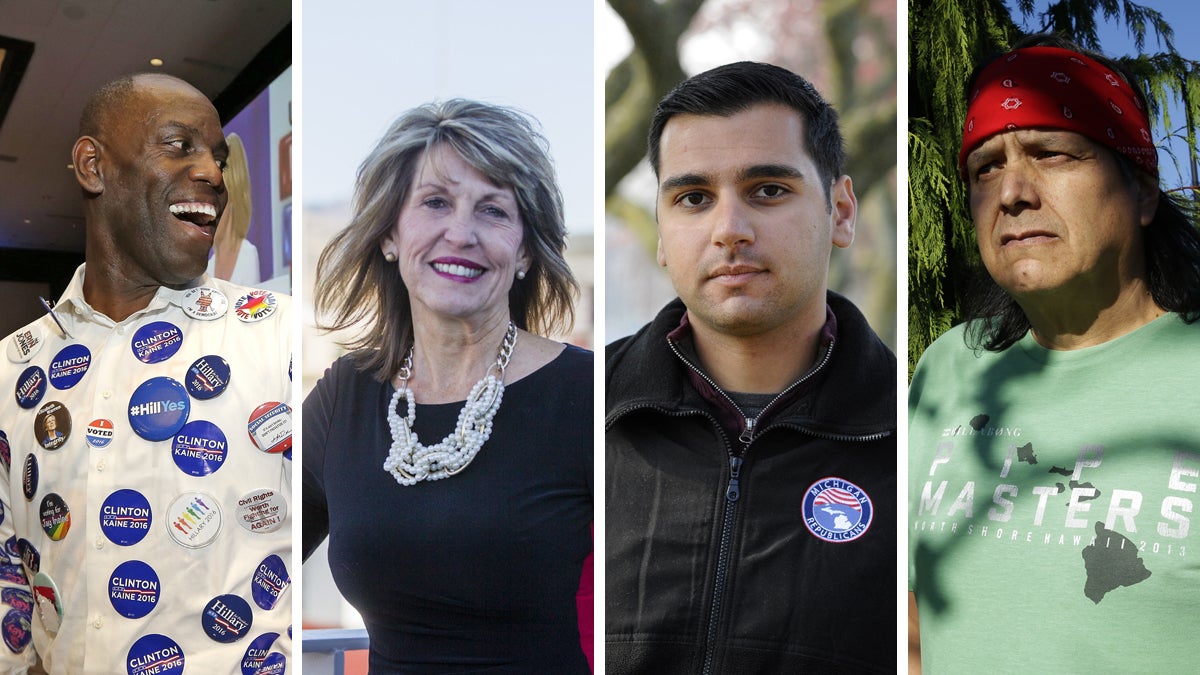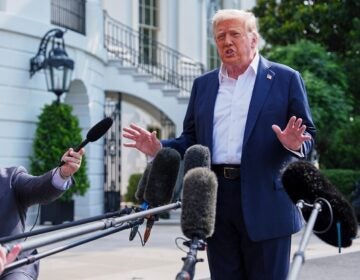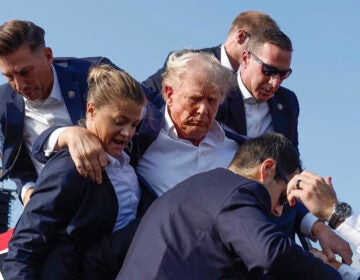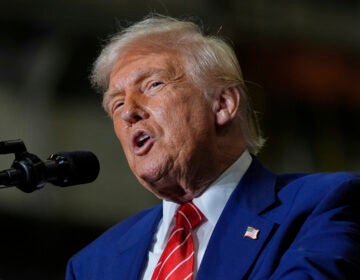The Electoral College is in need of an adjustment
Is the Electoral College a ridiculous relic or an essential element of democracy? Should Congress dismantle it? Do better alternatives exist?

From left: Chris Porter
In 1787, when the founding fathers met in Philadelphia to write the Constitution, only men – free, white men, to be specific – voted. (That’s almost true: New Jersey allowed women to vote from 1776 to 1807.)
Creating the Congress, they gave each of the 13 original states two senators – equal votes – plus a proportional representation in the House of Representatives. Proportional voting attempts to equalize the power of states with larger or smaller populations. The Electoral College equaled the number of seats in both houses.
Today the college comprises an additional three seats for the District of Columbia, for a total of 538. Trivia: Nate Silver’s popular FiveThirtyEight takes its name from this number. (Residents of the country’s 16 territories, including Puerto Rico and the U.S. Virgin Islands, have no electoral votes.) The smallest simple majority of those votes — the winning figure — is the magical 270.
Hillary Clinton has 2.6 million more votes than Donald Trump, but Trump has more electoral votes than Clinton. Is the Electoral College fair? I asked two professors at Rutgers University-Camden.
Richard Harris, professor of political science, says that small states have vested interests in keeping it as it is. He says the Electoral College is not going anywhere. “To change it would be a pipe dream, at best a heavy lift.”
Earl Maltz, distinguished professor of law, says that the system made sense historically. “I am neither a lover nor a hater of the Electoral College. Its evolution is complicated. Some folks now want to eradicate the Electoral College because it’s inconvenient. People seem to support any system that supports their interests,” he says.
Does it make sense today?” says Maltz. “Is it exactly the way I would create it if I were starting over? No. I’m just suggesting that it depends on how you view the union, and people view it in different ways.” He, too, doubts the structure would ever change substantially.
Under this system, in 48 states (all but Maine and Nebraska), the candidate with the plurality – the most – popular votes wins all the electoral votes. Harris says that, “If the Electoral College were abolished, I could make a strong argument that money would be even more important to elections than it is now.
“But even democracy is not a pure good. Voting majorities supported both Jim Crow laws and the Nazi regime. A democracy involves other protections for minorities and individual rights. The founders of our country thought pure democracy would tyrannize minorities.” So they created the Electoral College and other restrictions on simple majority rule.
The college has almost always aligned with the majority vote. Only five times — in 2016, 2000, 1888, 1876 and 1824 — did the loser of the popular vote win the electoral vote.
In my humble opinion, the Electoral College, like many other embedded institutions, needs a fresh eye. I don’t want to disrespect the educated opinions of my experts, but I’m no fan of preserving traditions simply because they are habitual.
The founding white men apparently did not consider the possibility of one-person-one vote (1P1V), which seems to be the hallmark of a true democracy. 1P1V would give equal value to a conservative voter regardless of whether s/he lives in a primarily liberal state, and the converse, too: The vote of any left-leaning voter would go in the blue column, regardless of residency. Under 1P1V, the state where the voter resides would be immaterial.
The college may be a boon or an albatross, but laws and customs that benefit those in power tend to remain the rule of the land.
I’d love to see a panel of genuine authorities propose improvements — or recommend obliteration — that would benefit all Americans. Then the complex procedure for adopting the changes could begin 10 or 15 years in the future rather than ASAP.
At that time, the individuals who now benefit will have lost some dominance. Cooler heads and greater fairness might prevail.
Electors meet 41 days after the general election: on the first Monday after the second Wednesday in December. This year it’s December 19. Hold your breath.
WHYY is your source for fact-based, in-depth journalism and information. As a nonprofit organization, we rely on financial support from readers like you. Please give today.




